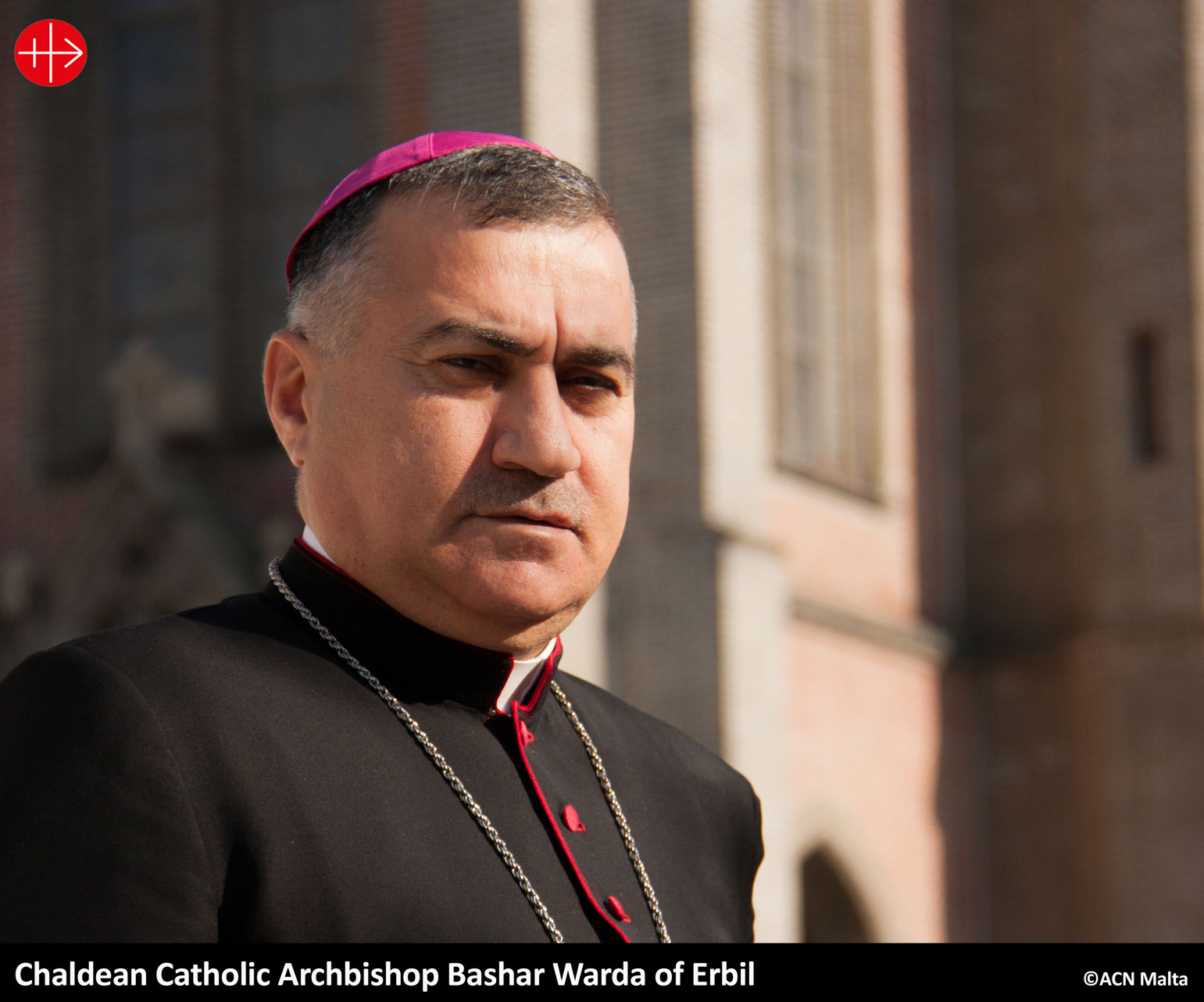Iraqi
Christians’ future threatened by referendum crisis
Church leaders in northern Iraq have issued a stark warning that the crisis triggered by last week’s Kurdistan independence referendum could endanger the region’s Christian presence. Following the referendum, which could see the KRG (Kurdistan Regional Government) area seceding from northern Iraq, five senior Catholic and Orthodox bishops issued a statement appealing to the international community to protect Christians and help them stay in their ancestral lands, especially the Nineveh Plains.
In the statement, a copy of which was sent to Catholic charity Aid to the Church in Need, they wrote: “We cannot hide our concern that the situation for the Christians has become very difficult and leads to uncertainty.” They added: “It is a clear fact that this situation has created in Christians a state of fear and concern about the possibility that the struggle may develop into a crisis that will have far-reaching repercussions for all.”
The message was written by Chaldean Catholic Archbishop Bashar Warda of Erbil, Syriac Orthodox Archbishop Nicodemus Sharif of Mosul, Archbishop Apris Jensen, Chaldean Bishop Rabban Al-Qas of Amadiyah and Zaku, Syriac Orthodox Archbishop Timotheos Mousa of the Archdiocese of Mor Mattai Monastery.
Their message stressed the precarious situation of Nineveh’s Christians – many of whom are still displaced in Erbil, the capital of the Kurdish northern Iraq after they were driven out of their homes by Daesh (ISIS) in 2014.
With many Christian settlements located in disputed territories, the bishops cautioned: “Care should be made not to involve the last remaining Christian land in political bargaining, as our vulnerable community cannot withstand further schism and division in addition to the ongoing political and sectarian fights.”
The statement stressed that in the community’s vulnerable situation, further upheavals could see new waves of emigration – threatening its very survival.
Notably, the bishops called for the Nineveh Plains not to be split between Iraq and an independent Kurdistan.
“The future Plain of Nineveh should be maintained as a unified territory – it is critical to not divide it into parts.”
The bishops expressed fears that the restoration of the towns and villages on the Nineveh Plains may be brought to a standstill as the area now faces an uncertain political future.
“While both the federal government and the KRG are engaged in a struggle over the disputed area, including the historical areas of our people, the areas liberated from the control of the criminal ISIS gangs are in an appalling condition in terms of reconstruction, public services, and security.
“There are no serious attempts at reconstructing the area at all by the governments. This makes it difficult for the IDPs to return, thereby prolonging their plight.”
Meantime, in interviews, Archbishop Warda, fellow bishops and aid coordinators including Stephen Rasche have underlined their commitment to enabling the resettlement programme to continue in spite of the post-referendum setbacks.
Expressing concerns that Christian areas risked losing their historic identity, the bishops in their statement called for dialogue between the Iraqi Federal Government and the KRG.
“Amidst the crisis that the country experiences today following the referendum of Kurdistan Region, we call upon all parties involved to opt for dialogue and moderation and to stop the escalation of the conflict through the media.”
The bishops hoped that both sides could work on the disputed issues “to reach a suitable solution apart from spreading the feelings of hatred that fuel conflicts.”
Fearing that Christians could be caught up in an armed struggle between factions vying for power, the bishops added: “We demand that the use of arms be restricted to the official government security forces, which we encourage our young men to join.”
The bishops also paid tribute to the Kurdish people who had assisted the Christian community after they were driven out of their homes.
“Undoubtedly, we Christians can never forget how our brothers in Kurdistan Region, as a people and government, received us and supported our displaced persons, not only Christians but also other components of the Iraqi people.”
ACN International





